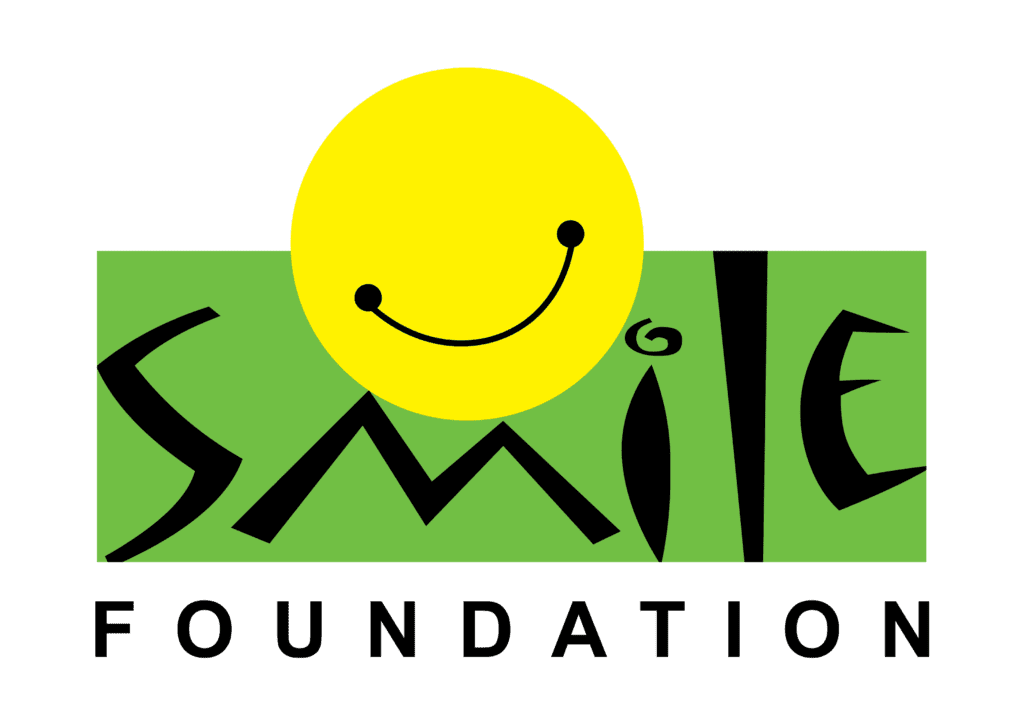VOLUME 1 - 2019

smilescapes
“I didn’t know it would be so exciting. I made so many new friends and we sang together, played games related to music and worked together. The workshop was a fun learning place. Music brought us together,” shares Chhavi, a student at a Mission Education centre in Delhi.
Chhavi and 300 other children are part of the ongoing Amani Project that combines learning theory from the Yale Center for Emotional Intelligence with music therapy and music-making. After a successful venture in the USA, South Africa, Tanzania, and Bagamoyo, the Amani Project was initiated in India by Children in Harmony in collaboration with Smile Foundation.
Music is therapeutic and a powerful force for bringing people together into a community. The Amani Project uses the power of making music together to build a lifetime of empathy between children around the world.
Inspired by life changing impact music has on people, the project aspires to instill emotional intelligence and value of empathy among children through music. The vision of the project is that each person is powerful and should have access to his, her, their dreams. Hundreds of children across different countries have participated in the project which has helped in breaking barriers – physical, mental, emotional and social
The survey highlighted that girls lacked awareness about nutritional needs and had a low risk perception about anemia, creating a causal link that prevented the community as a whole to access developmental gains and an overall improvement in the standard of living.
Creating a context driven intervention
Based on these findings, a pilot project on nutrition enhancement for addressing the hidden hunger among girls, titled “Sampoorna”, was initiated by Smile Foundation with support from PepsiCo Foundation. The project has been designed for a cluster of 10 villages of Amirgarh block of Banaskantha to reduce anemia and improve livelihood opportunities among 1000 adolescent girls. The project is to improve awareness among adolescent girls and encourage weekly consumption of Iron Folic Acid and local food grains that are of high nutrition value, resulting in reduction in iron deficiency. The implementation also leverages government schemes for provision of nutritional supplements to the community. This at a broader level expands choices for the adolescent girls to break the cycle of poor health and nutrition.
Engaging through activities and conversations
Sensitization being an important part of the project, a host of awareness activities are conducted, like the formation of Kishori Clubs which provide a safe space for the girls to meet every month for joyful learning and promoting regular consumption of nutritious food, weekly intake of IFA tablets and maintaining healthy habits including exercise.
To make the meetings more inviting, hygienically prepared healthy dry snacks made from locally available ingredients have been introduced. Village level mega-cookery events that create a district and state level visibility around importance of nutrition for girls between the age group of 13 to 19 years are held. Knowledge building of the girls through social behavioral change communication (SBCC), life-skill education as well as vocational skill development based on local livelihood opportunities for the targeted adolescent girls is also an important aspect of the project.
“It is important to bring a change to mindsets – resolving the problem of malnutrition, encouraging girls to go to school and educating the general masses are now our prime targets” shares Nirmala Mishra, the project lead from Smile Foundation.



